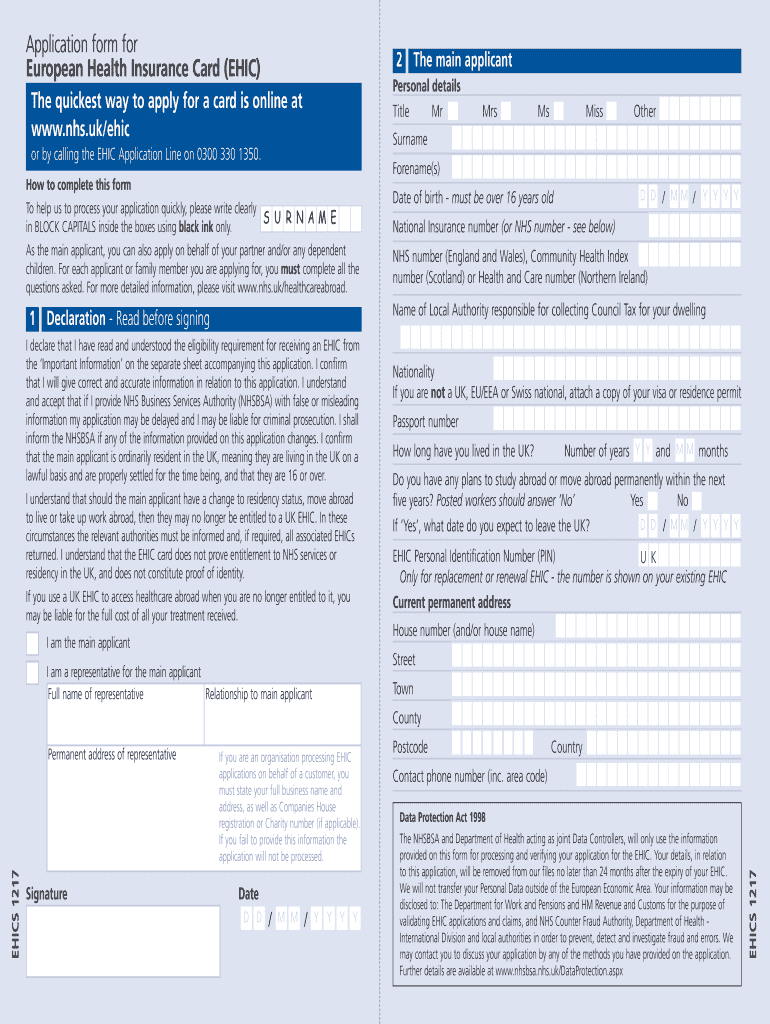
An insurance company will use an inspection of the home to assess its risk. This can help insurers determine whether a property is at risk of catastrophic events, such as fire and water damage.
There are many reasons why an insurer may require you to have a home inspection before they can insure your home. They may do this to limit their risk and keep their business afloat. They might also want to provide better coverage or ensure that you receive the lowest possible premium.
There are several options for you if you don't wish to have a home insurance inspector. If you don't want to have your home inspected, there are several options available. This can be beneficial for you if you've been having trouble getting coverage with a traditional insurance company, and it could save you money in the long run.

One option is to obtain coverage from an insurance company specializing on high-risk properties. These policies tend to be more expensive than standard home insurance, but can be an option for homeowners that have been unable to find coverage.
Also, you can choose to buy coverage from the surplus market. These are markets where insurance companies do not need to be licensed by the state or have their policy financially backed. These policies will cost you more than traditional policies for home insurance. However, if the risk of filing a lawsuit is low, you may want to purchase them.
A homeowner's insurance inspector will inspect your home's outside. They'll measure your home, check to see if you have any architectural elements or special features and they will also inspect the quality of its materials. They'll also inspect the heating, plumbing, electrical, and roof systems to ensure that they're in working order.
In some cases the inspector will check for infestations and pests. It's especially useful for homes with a history or termites, rodents, and other pest activity. They will look for areas which could be breeding sites and for any signs that there was previous water damage.

Some insurance companies will even send you a home inspection letter in the mail so that you can prepare for the visit. The inspector will give you a detailed report listing any problems they find.
The inspector may find that your home's plumbing needs to be repaired. The inspector will not be able to give you a specific estimate of what the cost of the repair will be, so it's best to work with a qualified contractor who can help you understand the repairs that need to be made.
Although the inspection process is a hassle, it is well worth it in order to ensure your home's safety. You can also prioritize the necessary repairs to avoid expensive renovations in the future.